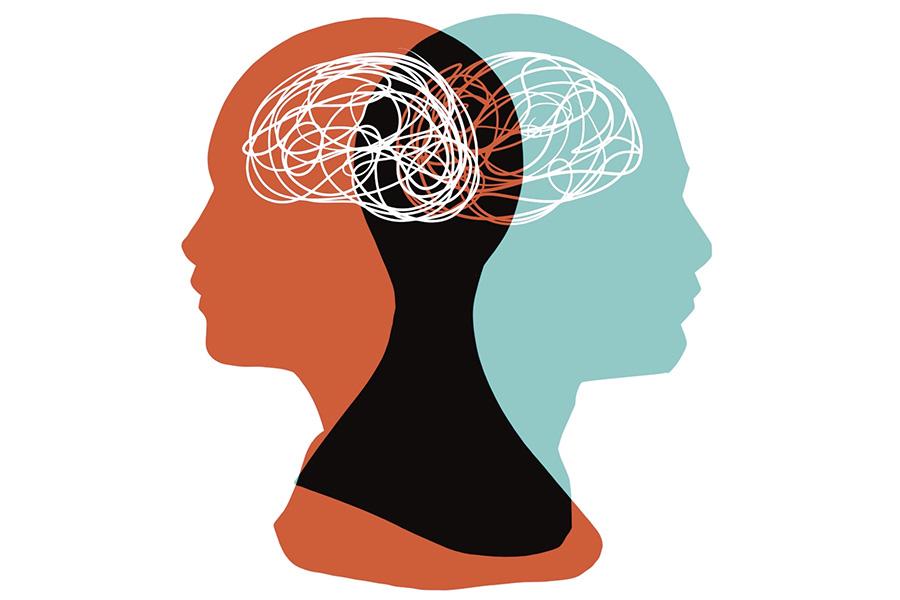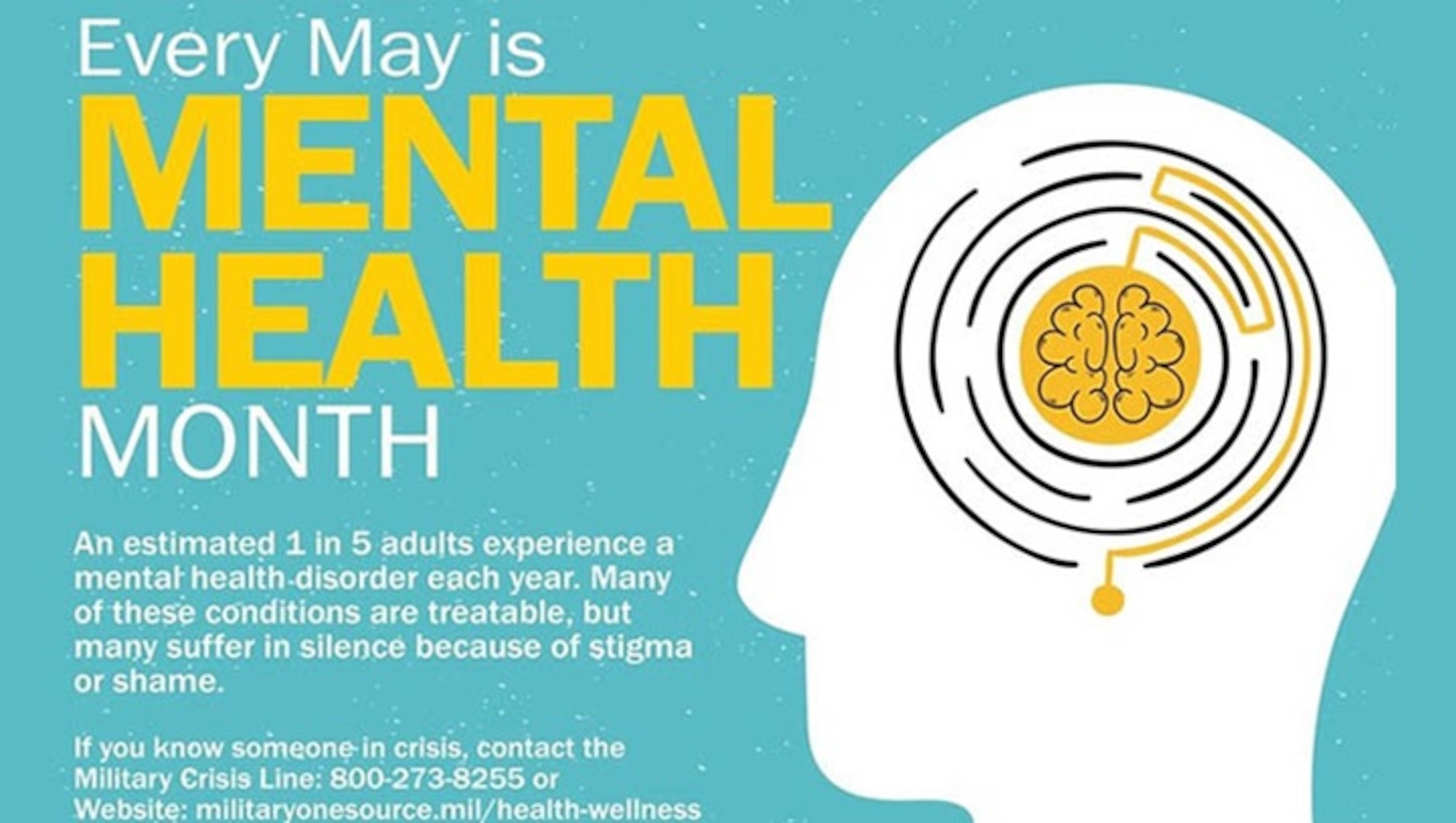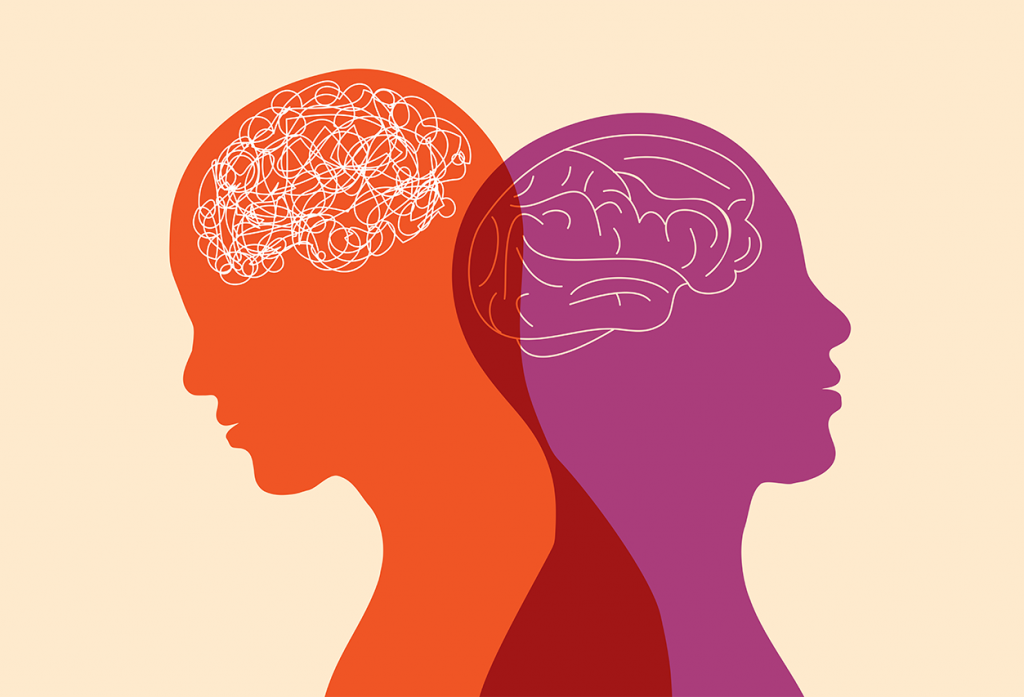Comprehensive Inpatient Mental Health And Wellness Providers for Effective Treatment
Inpatient mental wellness solutions represent a critical element of the medical care system, giving a structured and extensive setting for people experiencing extreme emotional distress. These services utilize a multidisciplinary strategy, integrating numerous evidence-based therapies to address the complicated needs of patients. Nevertheless, the performance of such detailed care extends past instant stabilization; it likewise incorporates the shift to outpatient support, a critical phase commonly ignored. Discovering the subtleties of this continuum discloses considerable ramifications for both individual healing and wider psychological health outcomes. What aspects truly influence this transition, and just how can we enhance its efficiency?
Recognizing Inpatient Mental Health Providers
Inpatient psychological wellness solutions provide important support for individuals experiencing extreme emotional distress that can not be handled properly in an outpatient setup. These services are developed to use an intensive degree of care in an organized setting, usually within a healthcare facility or specialized facility. Clients admitted to inpatient programs commonly present acute signs, such as self-destructive ideation, serious anxiety, or psychosis, requiring round-the-clock surveillance and intervention.
The admission process typically entails an extensive analysis by psychological health and wellness specialists, who examine the person's mindset, history, and instant requirements. Once confessed, clients participate in a selection of restorative methods tailored to their specific demands, consisting of drug administration, specific therapy, and group sessions. This holistic method aims to maintain the client's condition, advertise safety and security, and foster coping abilities.
Inpatient mental health and wellness services not only address prompt health and wellness problems however additionally offer as a bridge to continuous treatment. By offering a regulated setting, these services facilitate the advancement of therapy plans that can be proceeded in outpatient setups, hence ensuring a continuum of treatment and enhancing lasting outcomes for individuals with complex mental health demands.
Key Components of Effective Treatment
Effective treatment in inpatient psychological health solutions consists of numerous vital components that foster recovery and stablizing. A comprehensive analysis is essential to recognize the individual's particular demands and challenges. This analysis notifies the development of a tailored treatment plan, which acts as a roadmap for treatment.
An additional essential part is the multidisciplinary group method. Cooperation amongst psychiatrists, psychologists, registered nurses, and social employees ensures that numerous perspectives contribute to the client's treatment, enhancing the performance of therapy. Evidence-based restorative methods, such as cognitive-behavioral therapy (CBT) and dialectical behavior modification (DBT), are additionally integral, providing organized techniques that deal with maladaptive idea patterns and behavioral problems.

Last but not least, a concentrate on aftercare preparation is crucial to make sure a smooth transition to outpatient services, minimizing the threat of regression and advertising long-term health. These collective components develop a reliable therapy framework within inpatient mental health and wellness services.
Benefits of Comprehensive Treatment

Extensive care in inpatient psychological health and wellness services provides numerous advantages that significantly boost individual end results. Among the main advantages is the holistic approach to therapy, addressing not only the emotional signs and symptoms however likewise the physical, social, and psychological needs of clients. This extensive assessment permits for customized interventions that advertise total well-being.
An additional advantage is the assimilation of multidisciplinary teams, which cultivates partnership among healthcare specialists. This joint atmosphere ensures that clients get coordinated care, lowering the threat of fragmented therapy and enhancing communication amongst caregivers. Furthermore, detailed treatment helps with connection of solutions, permitting for smooth shifts from inpatient to outpatient setups, which is critical for long-term recovery.

Finally, the organized environment of thorough inpatient treatment provides a risk-free space for people to take part in healing activities, assisting them create coping methods and strength. Collectively, these advantages add to much more efficient treatment and enhanced lifestyle for individuals experiencing mental health and wellness dilemmas.
Evidence-Based Healing Strategies
In the realm of mental wellness therapy, evidence-based restorative strategies play an important duty in guaranteeing that people get efficient and scientifically sustained treatments. These strategies incorporate the finest offered research study with professional expertise and client values, promoting a customized therapy experience that resolves specific demands.
Cognitive Behavior Modification (CBT) is among the most extensively identified evidence-based approaches, concentrating on identifying and changing adverse idea patterns and behaviors. This structured technique has actually shown effectiveness in dealing with problems such as depression, stress and anxiety, and PTSD. Likewise, Dialectical Behavior Modification (DBT) is especially efficient for individuals with borderline personality condition, emphasizing the advancement of psychological policy and social like this performance abilities.
Additionally, medication management is usually an essential element of evidence-based therapy, as psychotropic medications can reduce signs and symptoms and boost total performance. Collective care models, which entail multidisciplinary teams, even more improve the efficacy of inpatient solutions by making sure thorough examinations and continual monitoring.
Eventually, the combination of evidence-based healing techniques not just promotes positive scientific end results however additionally equips individuals, fostering a sense of company and resilience in their mental health and wellness trips.
Transitioning to Outpatient Assistance
The shift from inpatient mental health solutions to outpatient support notes a vital stage in a client's recuperation trip. This duration calls for careful preparation and control to make certain continuity of care and to minimize the risks of relapse or click this link dilemma. Effective discharge preparation must start early in the inpatient remain, entailing a multidisciplinary team that consists of psychoanalysts, psychologists, nurses, and social workers.
Trick aspects of a successful shift include the development of an extensive aftercare plan customized to the individual's particular requirements. This plan needs to describe follow-up consultations, medication management, and restorative interventions, along with determine community sources and support groups that can assist in ongoing recuperation.
Furthermore, client and family education is essential throughout this stage. Comprehending the indicators of potential troubles and the relevance of sticking to therapy can empower patients and their support group.
Regular follow-up and reassessment of the outpatient plan are necessary to address evolving difficulties. By promoting a joint relationship between outpatient and inpatient companies, the probability of sustained recovery boosts, ultimately enhancing the person's high quality of life and reducing the threat of readmission.

Verdict
In recap, thorough inpatient psychological health services use a vital structure for addressing severe psychological distress via a multidisciplinary method. By incorporating evidence-based therapies, cultivating an organized environment, and advertising family involvement, these solutions enhance therapy efficiency. The emphasis on security and the growth of coping abilities not only help in immediate recuperation but additionally assists in a smoother transition to outpatient care. Inevitably, such detailed care is crucial for long-lasting psychological health and wellness and health.
The admission process typically includes a detailed assessment by mental health specialists, who examine the individual's mental state, background, and instant requirements.Reliable treatment in inpatient psychological wellness solutions comprises numerous crucial parts that foster healing and stablizing.Comprehensive treatment in inpatient mental health services uses many advantages that substantially boost individual end results.The shift from inpatient mental health solutions to outpatient support marks an important phase in a client's recuperation trip.In recap, thorough inpatient mental health and wellness services provide a vital framework for you could try this out dealing with serious psychological distress with a multidisciplinary method.